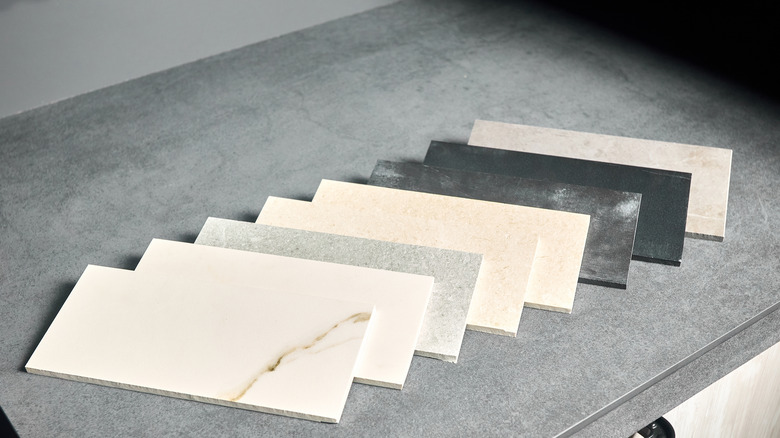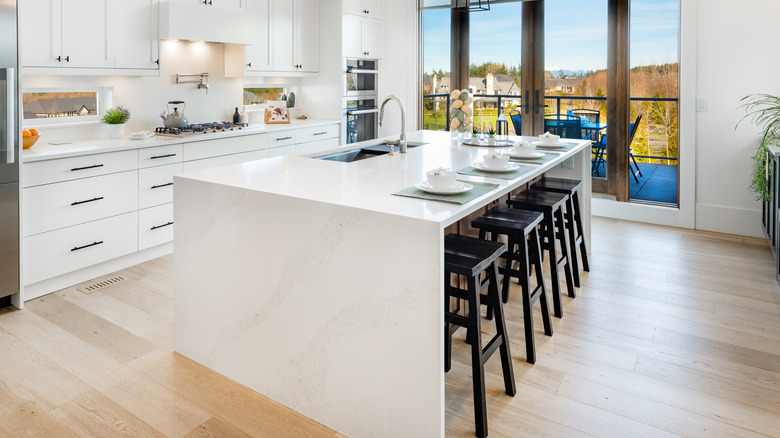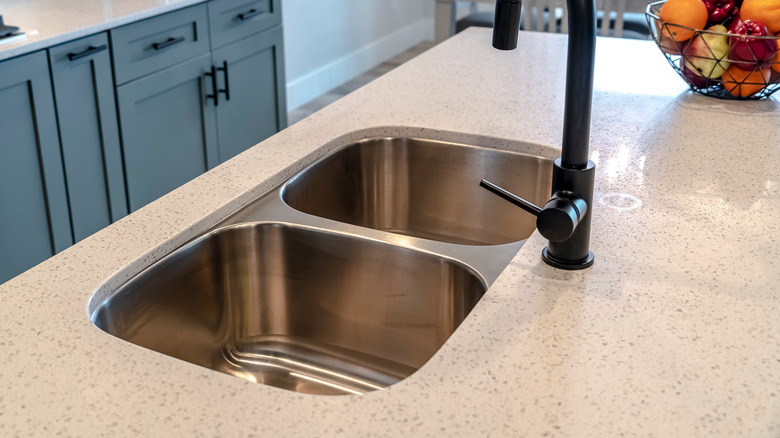What To Consider When Deciding Between Matte Vs. Glossy Countertops
While choosing countertops for your home, you might account for the type of material, its cost, durability, and design. However, one essential element—the finish of the countertop—often goes unnoticed. Generally, you'll have to pick from two popular finishes: glossy and matte. But how do you make that decision? What should you consider when deciding between matte vs glossy sheen for your countertops? For starters, you need to decide if you want a shiny and reflective surface or would prefer a subtle yet trendy kitchen countertop.
If you prefer the first option, then glossy finishes might be more your style. But if you crave a little texture and want to add some depth to your kitchen, matte might be a better choice. The focal point in your kitchen also plays an important role. For instance, if you'd like your gorgeous backsplash to do all the talking, a matte finish would be a better option since it won't detract attention from it, unlike glossy countertops. Although these factors are important, there are some other things to check before making your choice.
Size of the kitchen and ease of maintenance
With glossy countertops, you get to enjoy a mirror-like shine and appearance that will increase the aesthetic appeal of your kitchen. Even better, these countertops will readily reflect light from all sources—artificial or natural—and make your small cooking space appear grander and more open than it actually is. On the other hand, matte countertops come with no or minimal shine and tend to absorb light, making them a poor contender for small kitchens as they'll shrink the space further (visually).
That's not to say that matte finishes aren't an impractical choice or that glossy finishes are superior in every aspect. In fact, if your cooking area features a lot of light sources and is painted white (or a similar lighter shade), the continuous reflection of the lights might make your eyes hurt. Comparatively, a matte finish would be a better choice in such situations. Another thing to consider is the ease of maintenance of these sheen types. Since glossy countertops will naturally reflect light, they tend to hide fingerprints better than matte ones. Moreover, polished surfaces make it difficult for dirt and debris to cling to them and are easier to clean than matte surfaces. However, a dark matte surface will fare better than a light-colored glossy one.
Choice of material and associated cost
Glossy countertops are the norm for homeowners. So, they're readily available for any chosen countertop material and gel well with all types of kitchen design. This offers more choices and makes them comparatively less expensive than their matte counterparts. But things get a little complicated for the manufacturing process of matte countertops. When it comes to natural stones, they need to undergo a rigorous sandblasting procedure that might not be suitable for all materials.
To elaborate, if you want to go with a premium natural stone like granite for your kitchen, the sandblasting process will leach the surface of its natural sheen and might make it appear dirty, especially light-toned granite. Since the fabricator will have to manufacture a matte stone specifically for you, this customization often comes at a higher price point. Further, the choices will be limited if you want to go the engineered countertop route like quartz. But if you'd rather showcase your natural stone countertops' organic design—veins and speckles—a matte finish will do them justice.


